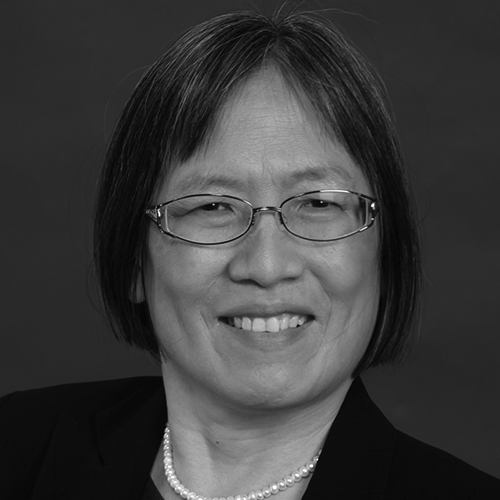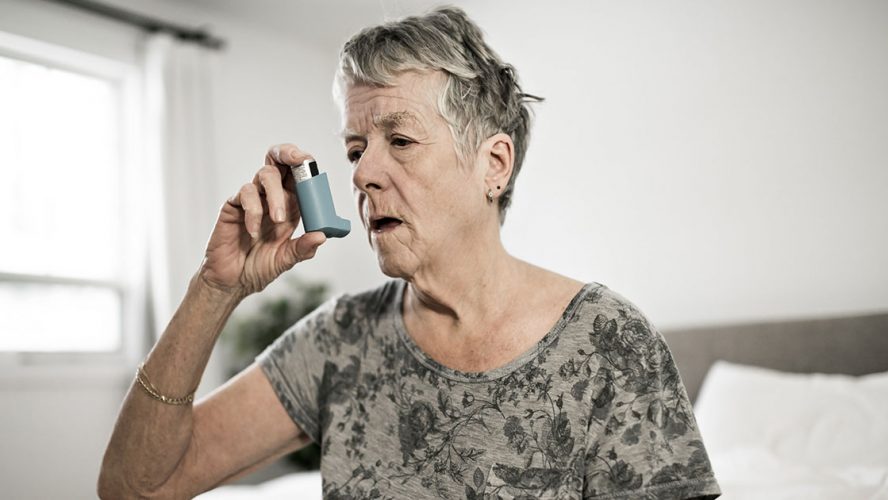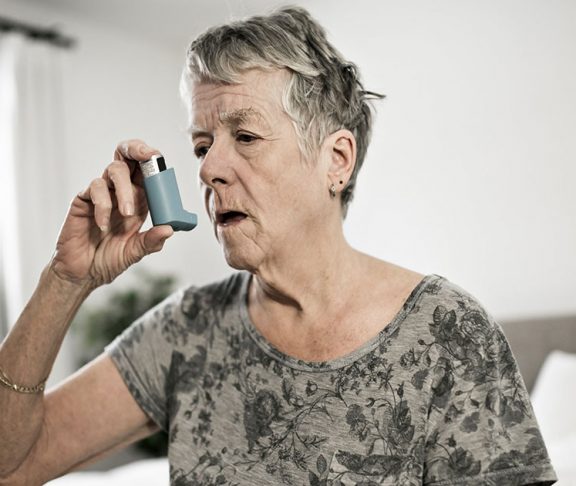
Valerie Chang, JD
Vice Chair, US COPD Coalition Board of Directors
Over 16 million Americans have Chronic Obstructive Pulmonary Disease (COPD), chronic lung disease that inhibits breathing, including conditions such as emphysema and chronic bronchitis. It’s the fourth leading cause of death in the United States but it doesn’t receive the attention of other diseases like diabetes or breast cancer. COPD patient and advocate Valerie Chang says that needs to change.
Chang was 42 when she got her diagnosis. She was experiencing feelings of breathlessness, and friends and family encouraged her to get checked. She saw a series of lung doctors and took pulmonary lab tests.
While Chang had controlled childhood asthma, she had never smoked and was shocked when she received a COPD diagnosis, including emphysema, with no known origin.
Chang’s lung function is now one-third of what it should be. She takes medications to manage her symptoms and gastric reflux and she uses oxygen to sleep, when she’s exercising, and while traveling. Her COPD is well-controlled, but she must be very careful to avoid lung infections.
Chang advises others with COPD to partner with their providers and be self-advocates, because it took her a while to find the right doctors. She lives in Honolulu and ended up finding a doctor in Denver.
Making a difference
When Chang was diagnosed 20 years ago, there was very little information for people with COPD. After she retired from her job as a judge, she decided, “I was going to try to make a difference while I still had the breath to do so.”
Chang launched the Hawaii COPD Coalition, a non-profit committed to advocacy and education about COPD, as well as supporting and providing resources for the COPD community and health care providers. Some of Chang’s work includes helping with the Hawaii Department of Health Tobacco Prevention and Education Program and getting clean air legislation in Hawaii passed. She is also vice-chairwoman for the US COPD Coalition, a non-profit focused on improving COPD awareness and supporting the search for a cure.
Challenges
Karen Deitemeyer, 74, has COPD including emphysema, chronic bronchitis, and asthma. She smoked for 30 years but quit in 1991 when she had trouble breathing. A decade later, a pulmonologist diagnosed her with COPD.
“I was really angry,” she says. “I said, ‘I quit smoking and I still got this,’ and the doctor said the damage had already been done.”
Deitemeyer says one of her biggest challenges is fighting the stigma that only smokers have the disease and that if you smoked, you deserve it.
“Not everyone who has COPD is a former smoker,” she says, explaining, “We’ve got to get to get over that feeling that these people deserve what they’re living with. Nobody deserves to have a serious illness.”
These days, she takes COPD medicines daily and uses oxygen when she sleeps, exercises, and flies.
A breast cancer survivor, Deitemeyer had advocacy experience as a volunteer with the American Cancer Society. Now she’s a passionate advocate for COPD awareness. She’s secretary of the U.S. COPD Coalition, as well as state advocacy captain for the COPD Foundation.
Advice
With proper treatment, people with COPD can still have fulfilling lives. For example, Chang travels 30,000 miles a year.
Deitemeyer advises people who’ve ever smoked to ask their doctor to do spirometry test to assess lung function. If the test shows a problem, the patient should see a pulmonary specialist.
She also encourages people with COPD to use their oxygen in public, if needed, the same way they’d use a walker for mobility.
Both women are concerned about the dangers of vaping, including possible permanent lung damage. They’re also advocates for more COPD research, including new treatments.
Chang says it’s important because “everyone has to breathe.”

